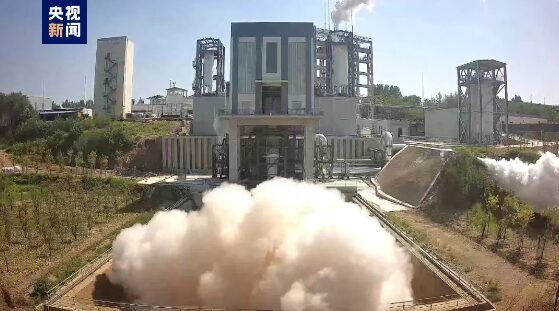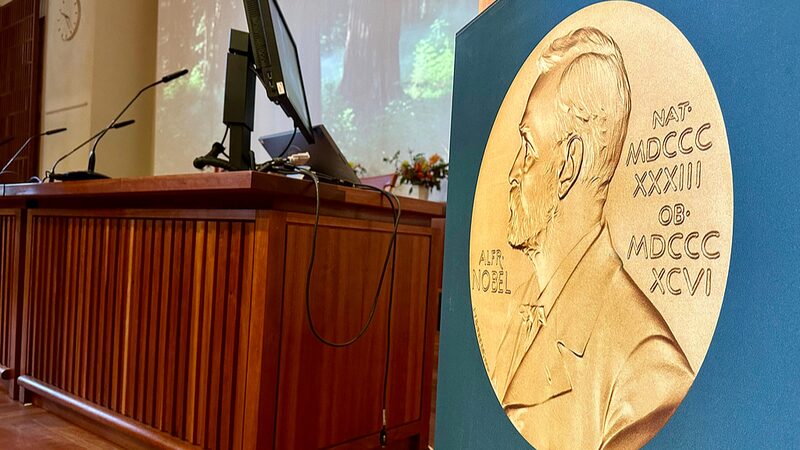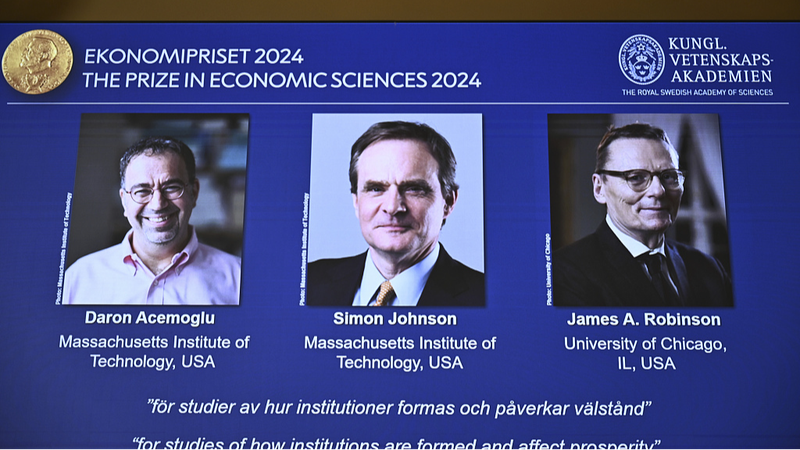At the 2024 Bund Summit held in Shanghai from September 5 to 7, economists and business leaders converged to discuss China’s economic trajectory. The consensus was clear: China’s commitment to high-quality development and its robust capacity for innovation are set to become the new engines fueling its long-term economic growth.
Nobel Laureate in Economics Michael Spence addressed the three-day summit via video link, highlighting China’s short-term challenges and long-term prospects. “China is facing a short-run aggregate demand problem,” Spence noted. “But in the long run, China’s growth will be driven by the enormous capacity to innovate and increase productivity.” He emphasized the importance of continued structural transformation on the supply side, adding, “The growth potential is really quite substantial.”
Liu Jun, president of the Industrial and Commercial Bank of China, echoed these sentiments. “China’s economy will regain its great potential as it transforms to a new and high-quality level,” Liu said. He pointed to technologies like the Internet of Things, cloud computing, and artificial intelligence as drivers of a new economic paradigm. “China’s huge market and population, coupled with the passion of its people for trying new things, sets the stage for significant growth,” he added.
Standard Chartered’s China CEO, Jean Lu, observed that the economy is undergoing a major transformation with the cultivation of new, high-quality productive forces. “New technologies and high-tech enterprises are emerging and developing rapidly,” Lu said. “The transformation and upgrade of the Chinese economy is accelerating, which is a remarkable trend that will boost China’s economy in the long run.”
Thomas Fang, head of China global markets at UBS, highlighted the opportunities arising from the complex international environment and economic restructuring. “The digital economy, high-end manufacturing, new energy, and other high-tech fields will become the power sources of China’s economy,” Fang stated.
Tim Wannenmacher, co-head of Global Markets Asia Pacific at UBS, pointed to the burgeoning development of artificial intelligence as a significant opportunity. “We see many opportunities associated with the development of AI,” Wannenmacher said. “China benefits from an active engineering talent pool, large amounts of data, and diverse application scenarios for large language models.”
The 2024 Bund Summit, themed “Navigating a Changing World,” gathered former central bank governors, leading economists, and business leaders from across the globe. The discussions underscored a shared optimism about China’s economic future, driven by innovation and technological advancement.
Reference(s):
China has enormous innovation capacity to spur growth: experts
cgtn.com








